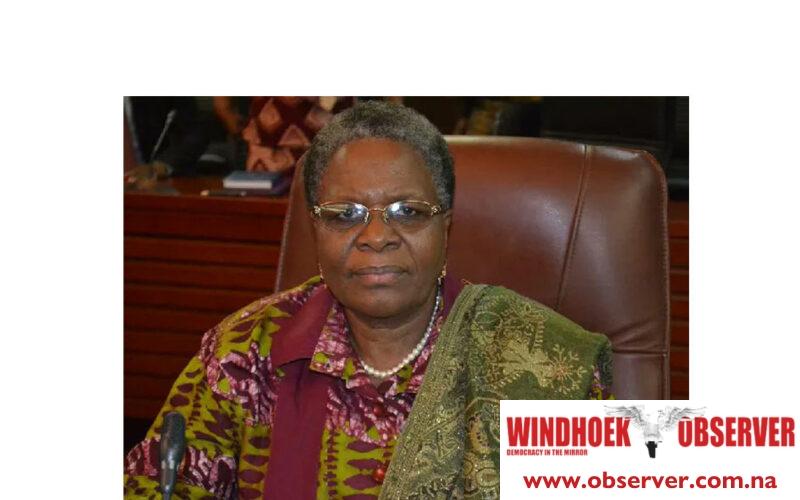Martin Endjala
The late third President Hage Geingob’s legacy is his crusade for effective governance.
These were the remarks of Vice President Netumbo Nandi-Ndaitwah during the Hage Geingob Memorial Lecture under the theme “His Legacy Lives On,” held in Ongwediva, Oshana region, over the weekend.
“President Geingob dedicated six decades of his life to serving Namibians. I do believe that the conversation we are starting here in Ongwediva will be the beginning of an appraisal of the rich heritage President Geingob left behind as a crusader for effective governance. I am confident that we have enough material to locate the consequential legacy of the third President of the Republic of Namibia in the historical context in which he shaped democratic development in Namibia during a turbulent period,” said Nandi-Ndaitwah.
She said Geingob was bold in using language and concepts to mobilise Namibians around specific goals and objectives, such as unity and pulling together in the same direction.
According to her, Geingob was intentional in using the power of persuasion to diffuse tensions and build bridges, both at home and in the governance of our foreign policy.
Nandi-Ndaitwah further stated that Geingob was intentional in getting Namibians to talk and debate about his framing of each year with a theme, which he used as a rallying call for Namibians to hold hands and to work towards shared objectives in a particular year.
She believes that the memorial lecture is the beginning of discussions to immortalise the rich legacy of Geingob’s leadership.
She pointed out that it is a testimonial to a life of courage, sacrifice, and a life well lived in service of the Namibian people, Africa, and humanity at large.
She further highlights that the various challenges Geingob had to navigate through were not easy, adding that the difficult decisions he had to make have shaped the country into a better position.
Nandi-Ndaitwah emphasised that whenever the late President was in doubt, he always referred to processes, systems, and institutions to serve as the final arbiters in governance.
In doing so, she is adamant that Geingob contributed immensely to strengthening the country’s governance architecture.
She, however, cautioned that the Constitution, including well-articulated plans, concepts, and ideas, is not sufficient to deal with political and economic challenges.
“I have learned that values, wisdom, emotional intelligence, and good judgement are equally important in the exercise of power,” she said.
Nandi-Ndaitwah said Geingob possessed these vital ingredients, which allowed him and the government he led to navigate and steer Namibia in the right direction during what has been arguably the most turbulent period in Namibia’s history as an independent country.




